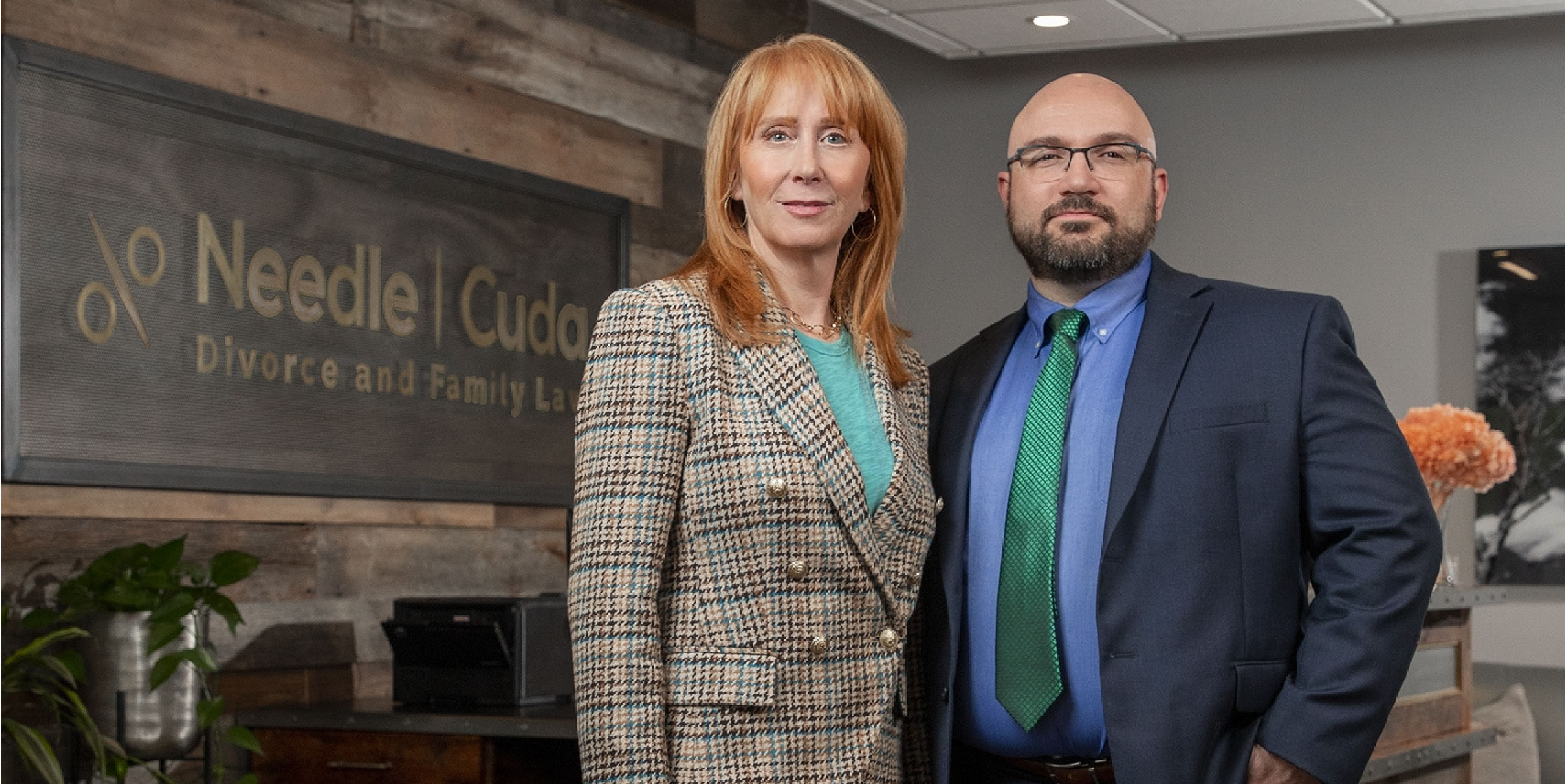2435 Route 6, 2nd Floor | Brewster, New York 10509
Family and Closely Held Businesses in Connecticut Divorce
Ending a marriage is hard enough, but when a closely-held or family-owned business is involved, can make an already complicated situation even more difficult. If you and your spouse have decided to get divorced, you may be wondering how you can protect your family’s primary economic engine. Not only is the business one of the assets to be divided, but the divorce has the potential to adversely affect the orderly operation of the enterprise. Regardless of your differences, you and your spouse should focus on maintaining the continued vitality and value of the family and/or closely held business.
Connecticut follows the rule of “equitable distribution” with respect to any assets owned by either or both spouses subject to division in a divorce, regardless of when the assets were acquired. The scope of this rule includes family and closely held businesses in which either spouse or both spouses have an ownership share. [It is important to note that “equitable distribution” does not mean equal, but rather fair.]
When a property division dispute cannot be settled and needs to be litigated, it is absolutely essential to obtain a compressive business valuation. Such valuations are not simple matters. Although the goal is to determine how much the business could be sold for in an arm’s length transaction, valuation experts may take different approaches.

Valuation Methodologies Used for Dividing Family and Closely Held Business Assets in Connecticut Divorce
The three main valuation methodologies used to value family and closely held businesses are:
(1) Weighing assets against liabilities (Book Value);
(2) Measuring past, present and projected earnings (Discounted Cash Flow); and,
(3) Comparing the business’s value to similar entities in the same market (Relative Valuation and Comparables).
Third-Party Experts in Connecticut Divorce Value Family and Closely Held Businesses
In such cases, it is typical for each spouse to retain their own subject matter expert, complete separate valuations, and present their competing narratives. Conflicts between the resultant valuations must be resolved by agreement or by a family court judge.
Obstacles for Dividing Assets of Family and Closely Held Businesses in a Connecticut Divorce
Once the financial value of the parties’ family business ownership interest has been agreed upon and/or determined, divorcing parties then face the practical matter of distributing that value between themselves. At this point, operational concerns, liquidity challenges, financing (the buyout of one spouse), or how best to facilitate the sale of all or part of the business come to the forefront of the divorce action:
-
- Is there enough cash on-hand to buy-out your spouse’s ownership interest? [Buy-out] — In the event that one of you would like to continue running the business, you might buy out the other’s interest based on the fair market value. This is the most common approach.
-
- Can business operations continue with both parties involved? [Co-Ownership] — Just because you and your spouse are divorcing doesn’t mean that you are required to sell the business. It may be possible to continue operations and keep the business relationship with your spouse intact. If so, each spouse keeps an ownership share.
-
- Can the business be sold or liquidated? [Liquidation or Sale] — If it is not possible to continue business operations amicably after the marriage has been dissolved, it may be best to find a buyer so you can obtain the maximum sales price while the business is fully operational.
Many other important considerations can come into play that influence this choice:
-
- Are the spouses involved business partners or is one or are both of them “key” to the business;
-
- Are there additional beneficial owners (other family members and/or third parties);
-
- Was the business started prior to the marriage?
Prenuptial and Postnuptial Ahttps://youtu.be/fQRooxlbC_Egreements Can Protect Family and Closely Held Businesses in Connecticut Divorce
Another important step if you hold business assets is to have a Connecticut divorce attorney review a prenuptial or postnuptial agreement that you and your spouse have entered. It likely includes provisions that will impact what happens to the business and its proceeds should the owners split up.
Business ownership presents special issues in a divorce but they are manageable if handled properly and with foresight. In these situations, it is especially critical to engage an experienced divorce attorney – one with a network of business valuators and related technical experts.
Call our sophisticated Westport Family Law Attorneys to assemble your Business Asset Valuation team and coordinate your Asset Division and Distribution strategy during your Connecticut Divorce
The lawyers at Needle | Cuda understand the issues that arise when a closely held business is among the assets in a divorce. If you or your spouse own a stake in a business, you can trust our experienced team to zealously represent you. Schedule a consultation with our Westport lawyers by calling 203-557-9500 or by contacting us online.
Frequently Asked Questions about Family Businesses in Connecticut Divorce

How is the value of the business determined?
How much the business is worth can be determined through the use of business valuation experts. These professions will look at the business's data and draft reports that will tend to show what the business is worth. Another method is comparing the sale prices of similar businesses within the same industry.
I don't know anything about my spouse's business. What can I do?
Through a process known as discovery, your lawyer will be able to request all relevant information concerning the business and its financial health. Valuation experts can then analyze that info to paint a picture of the company's worth and projected outlook. Once a value is determined, the business may then be distributed by the court upon divorce.
Learn more about how Needle I Cuda divorce lawyers can help you in a Connecticut divorce.


